Producers urged to commit to sustainability
• Recyclability information empowers consumers to make better choices, writes Lynette Dicey
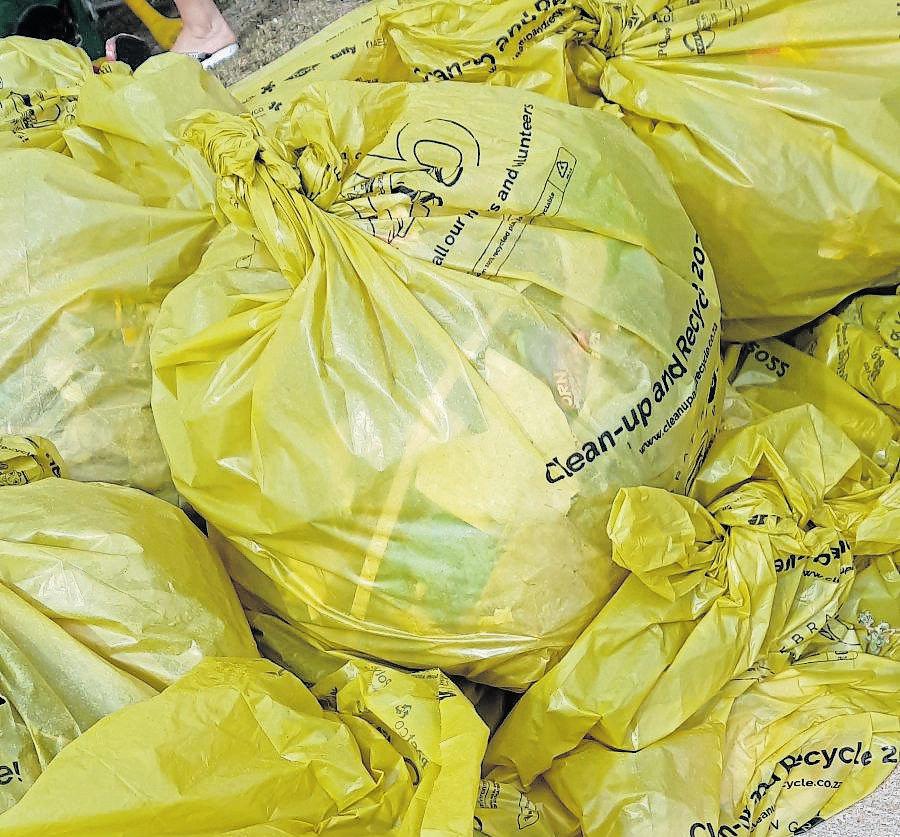
In

This shift in consumer behaviour, says Edith Leeuta, CEO of Fibre Circle, underscores the importance of testing and knowing the recyclability of product packaging and why
can be collected and recycled and those that contribute to landfill waste. Armed with this
knowledge, consumers can opt for products that align with their commitment to sustainability, ultimately encouraging businesses to adopt more eco-friendly practices and packaging designs. For businesses and brands, providing recyclability information and ensuring their packaging is easy to recycle is no longer an option but a necessity, she says, explaining there are several compelling reasons for companies to take this matter seriously.
“The implementation of extended producer responsibility regulations represents a significant stride toward fostering a circular economy. These regulations are designed to compel producers to assume accountability for their products entire life cycle, from production to the management of post-consumer waste. By taking measures such as providing recyclability details and adopting environmentally friendly packaging, businesses can remain proactive in addressing potential legal obligations.
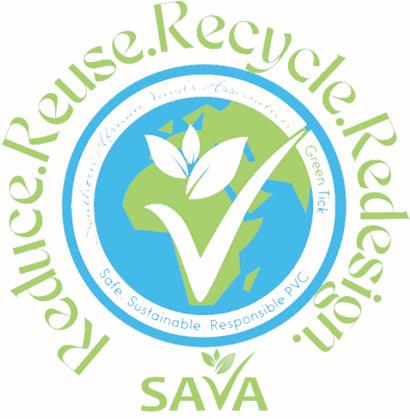
In addition to regulations,
she says being transparent about the recyclability of packaging demonstrates a commitment to sustainability and can enhance a company s reputation
Another compelling reason for businesses to take this issue seriously is the cost savings it s possible to achieve. Adopting sustainable packaging practices has, in many instances, led to cost savings, especially in the long run. Reducing material usage and streamlined recycling processes can result in lower operational expenses. Manufacturers must, however, keep in mind the likelihood of collection of these postconsumer products. Consumer demand is yet another good reason. Leeuta says it is expected there will be continued growth in consumer awareness about sustainability.
“Businesses that meet these demands should, in the long term, gain a competitive edge because customers are more likely to support and remain loyal to brands that share their values, she says. One of Fibre Circle s goals is to assist producers in the sector

with establishing a recyclability testing service as well as harmonised environmental labelling for their products in alignment with the obligations of the extended producer responsibility regulations. Recyclability testing which aims to predict if a package can be converted to usable fibre at paper mills
without causing any operational problems provides the necessary guidance for producers to improve their products she says. At the same time, it empowers consumers with information. Consumers deserve to know if the product they buy is recyclable, if it is likely to be recycled where they live, if it is
a single-use item or not, what the green alternatives are, if it was locally produced, if it was sustainably sourced and produced and how to dispose of it safely.”
Fibre Circle helps the packaging industry to meet regulatory requirements by fostering a collective commitment to environmental stewardship, she adds.

By collaborating with packaging producers, Fibre Circle encourages the design and production of packaging that aligns with the principles of easy collection, sorting, processing and transformation into new products, says Leeuta. We actively encourage the adoption of packaging solutions that are not only easy to collect but simple to sort and process.
By championing these principles, she says, Fibre Circle fosters a circular economy model, where paper and paper packaging are seamlessly transformed into new products, reducing waste and minimising environmental impact. This multifaceted approach underscores Fibre Circle s instrumental role in steering
SAs packaging industry towards a more sustainable and responsible future.
Leeuta says knowing the recyclability of product packaging is critically important given that it empowers consumers to make environmentally conscious choices while pushing businesses to adopt more sustainable practices.
GUIDELINES
Given that SA exports some of its packaging, manufacturers need to align their recycling methods with international standards. Leeuta says that Fibre Circle follows the guidelines established by the 4evergreen alliance for labscale recyclability testing. Providing clear and accessible information about recyclability is not only a moral obligation but also a smart business strategy in today s environmentally conscious marketplace. As we navigate the path towards a greener future, transparency and sustainability in packaging will be key drivers of success for both consumers and businesses alike.
Initiatives to promote responsible plastic use
The focus of the legislation is on developing circular economies so that the value of used packaging is never lost but rather kept within the economy by ensuring that materials are diverted from landfill to be reused and recycled into new and useful materials.
The EPR regulations aim to extend the responsibility of producers of identified products such as packaging, both financially and physically, to the management of packaging at end of life. All producers, converters and brand owners who manufacture or generate plastic packaging and place more than 10 tonnes in the local market are required to manage or to be members of an EPR scheme Producer responsibility organisations (PROs) within the sector have developed EPR schemes that focus on the diversion of identified products from landfill by increasing collection rates and growing recycling volumes. PROs that manage these schemes are funded directly by the producers via the implementation of a mandatory EPR fee. Government has set strict targets for yearly collection and recycling that need to be met.
Polyco PRO NPC is a registered PRO that manages an EPR scheme focused on plastic packaging in SA.


Implementing successful EPR requires change to take place across the value chain, from packaging design all the way through to consumer behaviour change, explains Polyco CEO Patricia Pillay.
To grow the collection and recycling of plastic packaging to the extent that it meets the legislated targets and to promote the responsible use and reuse of this plastic packaging, we recognise the strong need to collaborate with multiple stakeholders across the value chain, to invest in recycling innovation and recycling infrastructure, and to educate both the industry and consumers about recycling.
Since its inception in 2011, Polyco has invested more than R115m into the formal and informal plastic packaging industry, achieving a capacity
growth of more than 280,000 tonnes through 114 project partners during this time.
Polyco invests in three different project divisions: large infrastructure projects that increase plastic recycling in SA and increase innovation in the industry by expanding and/or modernising companies production capacities; its flagship collection programme, Packa-Ching, an initiative which provides funding to waste collection companies to provide services to areas that don t have waste management services; and enterprise development projects, investing in and supporting smaller businesses including start-ups, community projects and individuals entering the plastic recycling space. Polyco s enterprise development funding offer companies the opportunity to access training programmes around compliance, regulatory obligations, how to improve operational efficiencies, emerging recycling technologies and best practices.
In 2022, Polyco invested R22.1m directly into project investments, funding 15 companies and increasing the collection and recycling capacity of 10,500 tonnes. Pillay reveals that by the end of July 2023, Polyco had invested an additional R34m directly into project investments this year.
We also support recycling companies by providing funding for energy solutions to help combat the negative effects of load-shedding and we have instituted a recycling incentive per tonne of recyclate produced and sold, she says. EPR schemes are required to compensate registered waste collectors, reclaimers or pickers for collection services and environmental benefit through a waste picker collection service fee. Polyco has agreed this fee with the PRO Alliance and waste reclaimers organisations.
Once the waste reclaimer fee was agreed, Polyco established a pilot payment process to ensure waste reclaimers registered on the national registration database are paid. This year we have broadened our pilot to register waste reclaimers who trade with Packa-Ching units. Polyco also provides education and conducts awareness initiatives aimed at both industry and consumers. Among its key focus areas is educating school children about plastic recycling in SA. We ve launched 17 PackaChing units to date, educating communities across SA about the value of recycling. Recognising the positive impact this has had on communities, Packa-Ching was awarded the esteemed Conscientious Spirit Award at WasteCon in 2022.
“Our schools educational material reaches pupils all the way from early childhood development centres to primary and high schools, reaching more than 2-million pupils so far in 2023. In 2022, we distributed recycling bins to 80 schools across the country, using recycled plastic waste to create the bins,” she says. Last year, Polyco s Million+ recycling campaign received more than 250,000 views. This month, Polyco is launching its latest consumer-facing campaign through its Million Plus initiative in an effort to encourage workplaces across the country to recycle more.
Polyco s Million+ introduced the Return The Favour. Recycle Your Plastics campaign last year which used the country s youth to show adults how easy it is to recycle at home.
Now, Polyco is bringing those same children back to show everyone an easier way to join the recycling workforce, by recycling at work. These new videos can be found at millionplusrecyclers co za
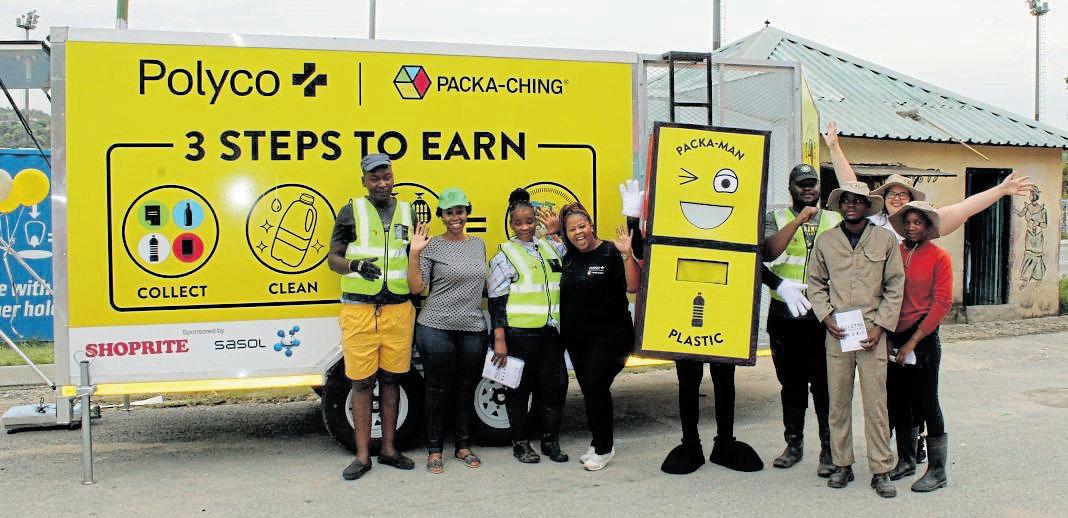
INSIGHTS 6 BusinessDay www.businessday.co.zaFriday15September2023 TODAY’S MEMO: DO YOUR PART WHILE DOING YOUR JOB, EASY! TAKE THE WORK OUT OF RECYCLING TAKE THE RECYCLING OUT AT WORK Be one of the #MillionPlusRecyclers and watch how easy it can be at www.millionplusrecyclers.co.za Łġ ġĒ Ēşņūĺ ŸĹ Ÿę Ē ņū Ÿ Ł Ĺ ņĒ ĒŸū ņū ġ Ÿ ņūĒ ġ ġ ūū şş đ Ÿ ĺŁş ġ ġ ġ ņ ġ ęņĹĹņĒ ęņūĺ ĒŸūęņ ņŸū ņ ġ ĺşŸđ ş ũ ġ ņ ş ŁŸ ĺġ ūę ş ĒŁ ņū ņ ġ ŁņĺŁ ũ ġ ş ĒŸ ņū ġ ġę ġşġĒ ņĒņ ş ūę Łġ ęġ ņŸū Ē ġę đ Ÿ ņę Ÿū Łġ ņūę ġũ ņū Ÿūġ ŸĹ Łġ Ĺġ ņĒ Ÿş ũġ ņū Łġ ĒŸ ū Ÿ ġ Ÿ ū ņūĒ ġ ġ ņū ūū ş ġĒ Ēşņūĺ Ĺņĺ ġ Ÿ Ÿ ę Ÿ ġ ŸĹ Łġ ūū ş şġ ū ġĒ Ēşġ ġġŜ Sponsored content NATIONAL
CLEAN-UP & RECYCLE SA WEEK 2023
a world increasingly aware of the environmental impact of our choices, consumers are beginning to pay more attention to the sustainability of product packaging, requiring that the product they purchase including its packaging aligns with their eco-friendly values.
Fibre
is a producer responsibility organisation (PRO) responsible for keeping paper and paper packaging which are renewable and recyclable products out of SAs landfills. When individuals are aware of the recyclability of packaging, they can make choices that reduce waste and minimise their carbon footprint.” Recyclability information, she says, empowers consumers to make environmentally responsible choices, allowing them to differentiate between products with packaging that
businesses should make this information readily available.
Circle
Edith Leeuta accountability.
Mandatory extended producer responsibility (EPR) was introduced in SA in 2021.
INSIGHTS: NATIONAL CLEAN-UP & RECYCLE SA WEEK 2023










Combating the waste crisis plaguing SA
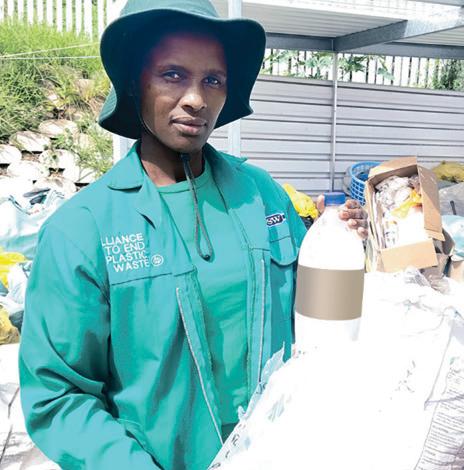
• All South Africans encouraged to make a difference
SA generates about 122-million tonnes of waste each year. As little as 10% of that waste is recycled.
Plastics SAs annual CleanUp & Recycle SA Week, which has taken place this week and ends tomorrow, plays a pivotal role in promoting environmental sustainability and combating the waste crisis plaguing our country.
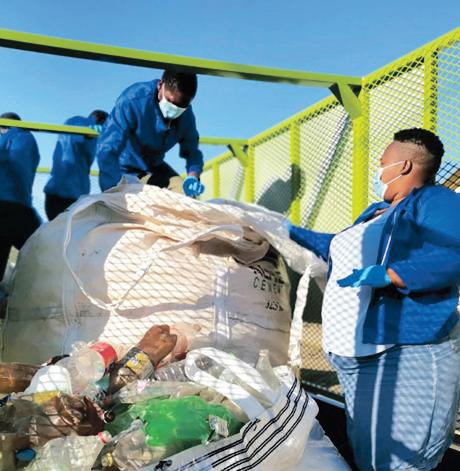


This is the 27th year that Plastics SA has co-ordinated SAs active participation in the International Coastal Clean-up Day (ICC), taking place at beaches across the country and around the world tomorrow, which will also be World CleanUp Day. Douw Steyn, Sustainability director at Plastics SA, says this year s Clean-Up & Recycle SA
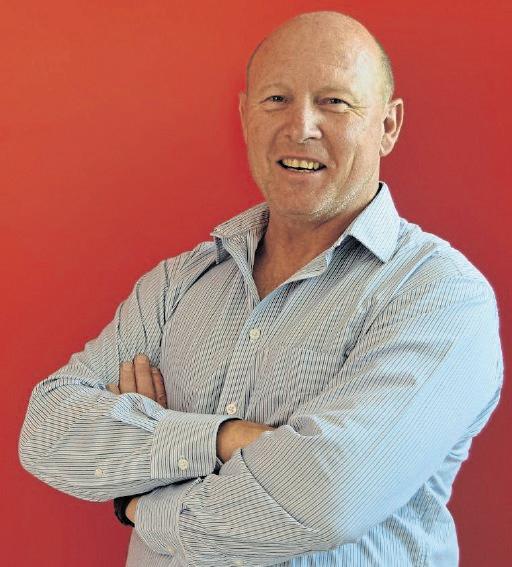
Week will again feature numerous clean-ups on beaches, at rivers, water sources and in communities and neighbourhoods around the country. Highlights of the week included National River Cleanup Day on September 13 and National Recycling Day SA today. The culmination of the week s activities will be tomorrow when South Africans from all walks of life come together for International Coastal Clean-up Day and
World Clean-up Day. Plastics SA is the umbrella body representing the South African plastics industry.
Dedicated to promoting sustainability and responsible plastic use, Plastics SA aims to minimise the environmental impact of plastics through education, innovation and effective waste management strategies.
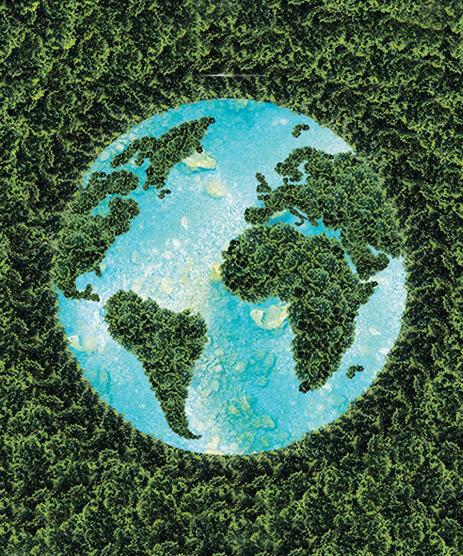
This year, the organisation has increased its donation of the number of yellow refuse bags used in clean-up activities to an impressive 700,000, ensuring that the industry and coordinators of clean-ups can make a substantial impact on cleaning up the country s beaches and rivers.
Clean-up champions in Gauteng and Mpumalanga will also be recognised and

rewarded with essential cleanup tools including bags, gumboots, gloves, rakes and other equipment needed to clean roadsides and rivers on River Clean-up Day.
SA is facing a waste crisis, and every citizen can make a difference to reduce the amount of litter that pollutes our environment or ends up in landfill says Steyn. As far as possible, we try to ensure all the clean-ups we support are audited and that volunteers register online on our website (www.cleanupandrecycle.co.za).
This allows us to build a detailed snapshot of the waste landscape in the country, the number of people who participated and how we as an industry can respond and provide support to community initiatives.”
















































He reveals that for the month of September, Plastics SA with the support of all packaging streams, producer responsibility organisations (PROs), various sponsors, businesses and industries, as well as national and local government entities, community organisations and municipalities will be conducting clean-ups to raise awareness about the importance of effective waste management and recycling. Among the industry
associations involved in this year s Clean-Up & Recycle SA Week and River Clean-up Day initiatives is the Southern African Vinyls Association (SAVA), which has actively contributed to the annual sustainability event by supporting clean-up efforts across the region and promoting environmental awareness. SAVA is the leading industry association for the vinyls sector in Southern Africa.
Monique Holtzhausen, CEO of SAVA, explains that PVC or vinyl is primarily used in building and construction products such as pipes, gutters, windows and doors or flooring.


All of these products have a long life span of 50 years or more. Less than 2% of PVC is used in packaging and is therefore not often found in the environment as litter or visible pollutants. However, as an industry we want to show our commitment to working towards a cleaner, healthier world she says.
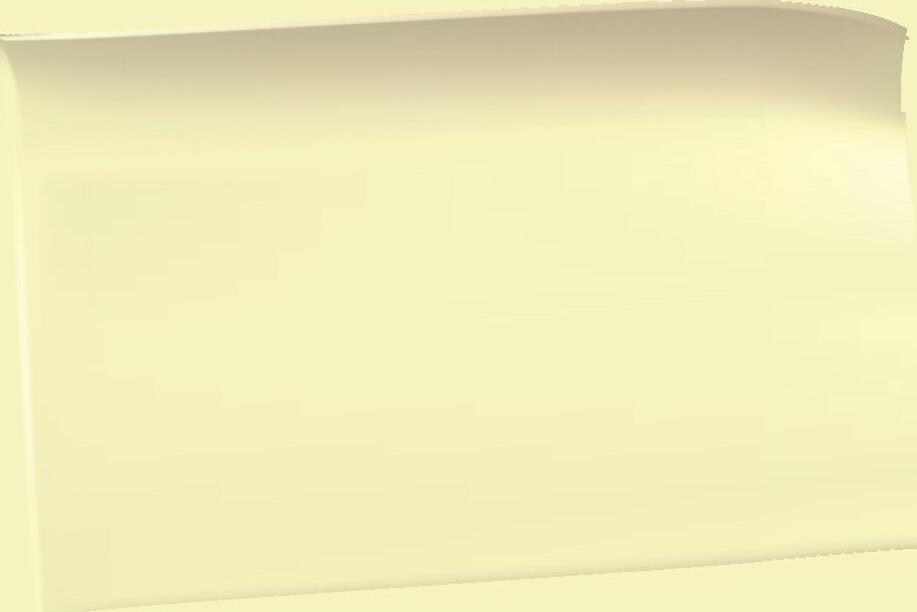

Neptun Boot and BBF Safety, two of SAs leading manufacturers of PVC gumboots, donated muchneeded footwear to help keep clean-up crews safe and dry, while SAVA donated T-shirts and encouraged member companies to volunteer their
River Catchment Project aims to protect oceans
time and energy to participate in clean-ups around the country.
“Clean water is a precious resource and SAVA is dedicated to preserving and protecting it. As an industry we are actively participating not only to help ensure the safety and comfort of the volunteers, but also to serve as a symbol of unity in the fight against pollution. Encouragingly, the donated PVC gumboots are 100% recyclable once they have reached the end of their life span and are in high demand by recyclers says Holtzhausen. Steyn says this collective effort underscores the importance of collaborative action in addressing environmental challenges. We encourage South Africans from all walks of life to make a difference where they work, live, learn or play this September by participating or coordinating a clean-up to create a cleaner, greener SA. Together, we can make a lasting difference.
700,000 is the number of yellow refuse bags Plastics SA has donated to be used in clean-up activities
More than 80% of the litter found in the ocean emanates from land-based sources. Plastics SA, a nonprofit company and the umbrella organisation for the local plastics industry, is tackling the problem of plastics in the environment head-on. One of its most successful initiatives is the River Catchment Project across five river catchment areas around SA in KwaZuluNatal, the Eastern Cape, the Western Cape, Mpumalanga and Gauteng which aims to collect litter before it reaches fragile coastal ecosystems. The project includes litter booms that primarily take the form of nets that create a barrier on the surface of the water which collects floating plastic without interfering with the movement of fish and birdlife.
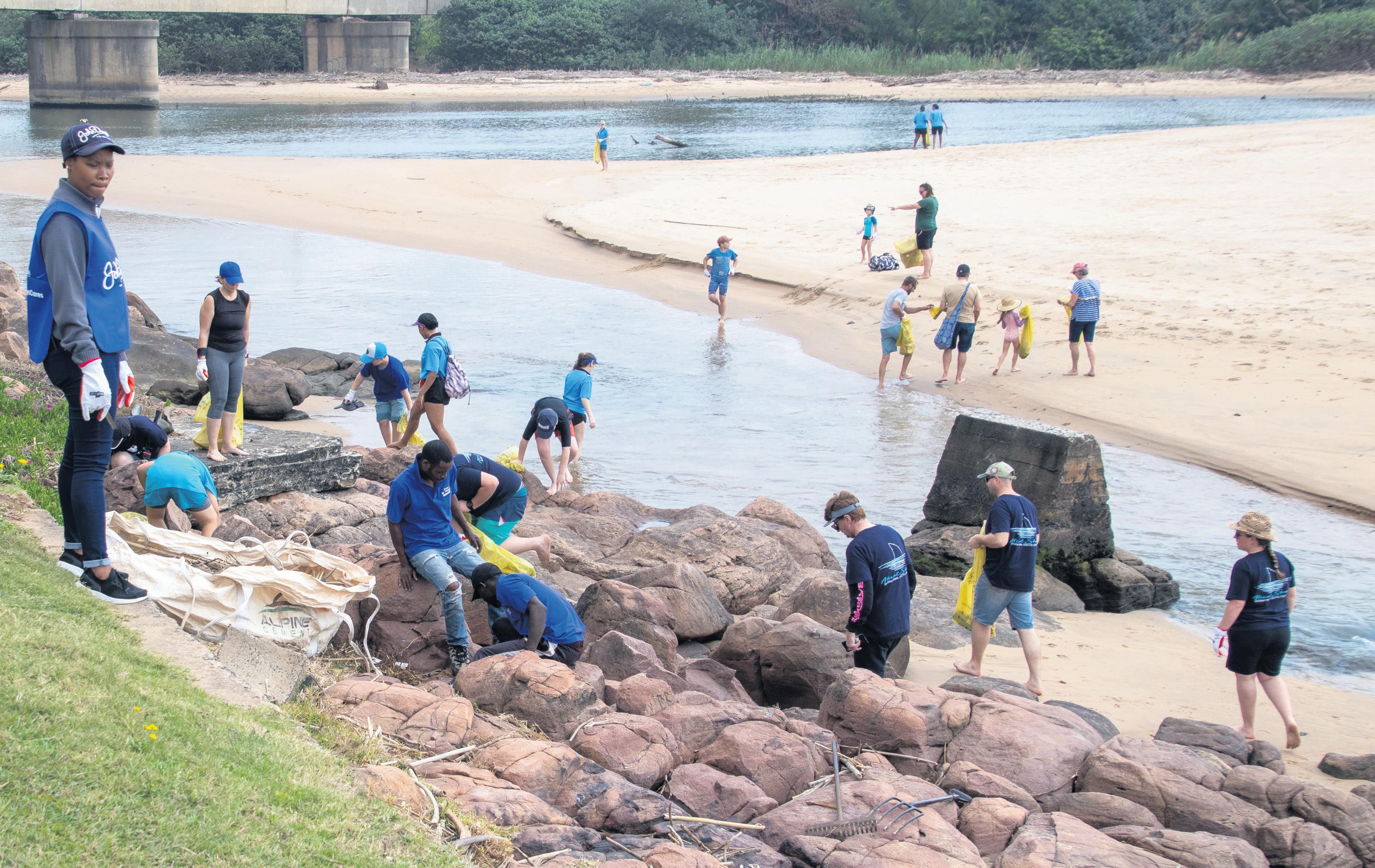
Plastics SA Sustainability director Douw Steyn says a river clean-up campaign without a river catchment approach is ineffective because the area will be dirty again within hours. The reality is that our waste system is broken. Revealing the netting is a successful approach in some rivers, he adds that the nets need to be cleaned on a weekly basis given the amount of litter the booms catch. We find a lot of bags, clothing, bedding, containers and even shoes in our river systems. Polystyrene is a top offender because rivers are catchment areas so anything which is light and
blows gets caught in the nearest catchment area. It s a similar case with crisp packets and lighters because they re coming in from the stormwater into the river. It s not a pleasant job because the rivers are also a conduit for a lot of sewerage, especially when the rain starts.
Where possible, waste collected is recycled into picture frames, cornices and lightweight cement products.






The River Catchment Project is a collaboration between government, business, civil society, environmental organisations and producer responsibility organisations (PROs), the latter whose role it is to facilitate recycling on behalf of producers.
The Extended Producer Responsibility (EPR) Waste Association of SA (eWASA) identified Plastics SAs River Catchment Project as a prime example of extended producer responsibility regulations in
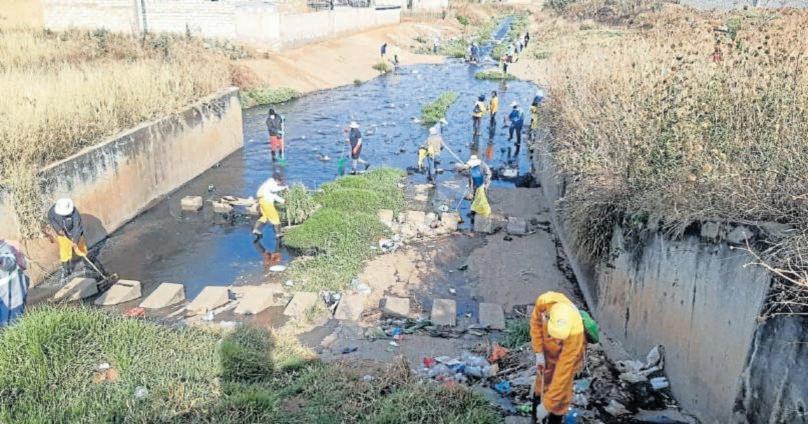

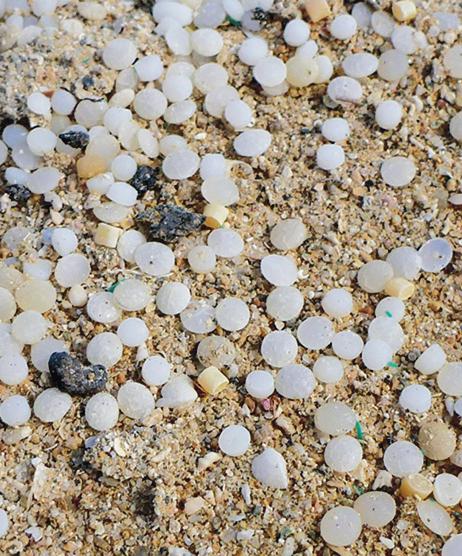
action. Packaging executive at eWASA, Adri Spangenberg, explains that being part of the initiative is an important deliverable for eWASA as it meets the association s EPR obligations on multiple levels.
Not only do we take part in river clean-up campaigns, but through this project we are able to contribute to job creation and ensure that litter does not end up in the ocean. eWASAs financial contribution to the campaign is used for the refuse bags which are distributed to the clean-ups and to assist people participating in clean-ups with personal protective equipment.
The River Catchment Project is making a difference, say those involved in the initiative.
The City of Cape Town has reported that there has been an increase in flamingos as a result of the clean-ups and the removal of alien plants in the Black River areas, says Steyn.
10 Recyclables You Should Be Keeping Out Of Your Bin For Recycling Collectors
The growth of the informal recycling sector has grown over the years. Waste is not waste if it has value: value for people, the economy, and the environment.
Covering significant distances on foot every day, collectors weave through suburbs, cities and communities to retrieve ‘waste’ in return for cash. Recycling ensures that valuable materials are diverted away from landfills, which are rapidly reaching capacity. These materials are sorted and sent to recycling mills and factories for conversion into usable and commercially viable products.
Recycling collectors do not take all recyclables
Several recyclables are like gold for waste collectors, but unfortunately just because it’s recyclable or recycled in South Africa, does not mean a waste collector will take it. They will only take items for which they will earn money, and they will not take items that they cannot sell or which are too heavy to pull over long distances.
With a bit of kindness and thought about your own refuse habits, you can make their work a little quicker and easier.
Keeping recyclable paper clean and dry is paramount. As a raw material that can be used in new paper products, it should not be contaminated by wet and rotting food waste, liquids or pet waste.
Golden rules for recycling
Separate recyclables
And food/wet waste.

Get a bin, box or bucket for your recyclables. Recycling containers don’t need to be fancy or expensive.
Keep paper recyclables clean and dry.
Give plastic, glass and cans a light rinse if needed, using dirty dish water.
Get the family involved and make sure everyone knows what is recyclable.
7 BusinessDay www.businessday.co.zaFriday15September2023 Putting People, Paper And The Planet At The Centre Of The Circular Economy. 1. Brown cardboard boxes 2. Food packaging such as cereal, Pizza and take-away boxes (Remove food residue) 3. Grocery delivery bags and Take-away bags 4. Used office paper 5. Plastic milk bottles 6. PET soft drink bottles – Various sizes 7. Fabric softener bottles 8. Milk and juice cartons 9. Aluminium Soft drink cans 10. Food cans RECYCLABLE ITEMS TO KEEP ASIDE FOR RECYCLING COLLECTORS
10
3.
4. 5.
1.
2.
Douw Steyn raise awareness.
Teams of eco-warriors clean the Klein Jukskei River in Gauteng.








































































